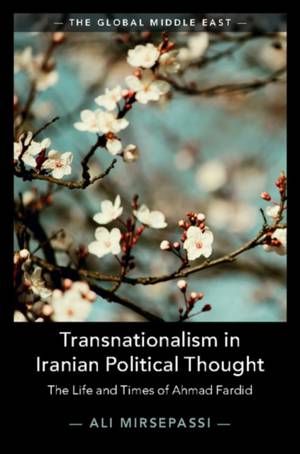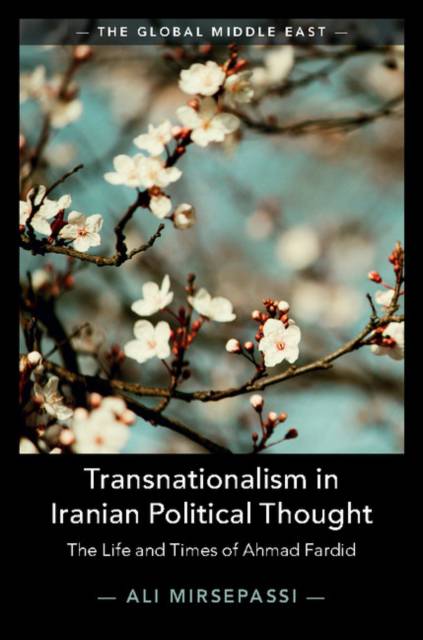
- Afhalen na 1 uur in een winkel met voorraad
- Gratis thuislevering in België vanaf € 30
- Ruim aanbod met 7 miljoen producten
- Afhalen na 1 uur in een winkel met voorraad
- Gratis thuislevering in België vanaf € 30
- Ruim aanbod met 7 miljoen producten
Zoeken
€ 158,95
+ 317 punten
Omschrijving
During the Iranian Revolution of 1978/9, the influence of public intellectuals was widespread. Many espoused a vision of Iran freed from the influences of 'Westtoxification', inspired by Heideggerian concepts of anti-Western nativism. By following the intellectual journey of the Iranian philosopher Ahmad Fardid, Ali Mirsepassi offers in this book an account of the rise of political Islam in modern Iran. Through his controversial persona and numerous public and private appearances before, during and particularly after the Revolution, Fardid popularised an Islamist vision militantly hostile to the modern world that remains a fundamental part of the political philosophy of the Islamic Republic to this day. By also bringing elements of Fardid's post-revolutionary thought, as well as a critical analysis of Foucault's writings on 'the politics of spirituality', Mirsepassi offers an essential read for all those studying the evolution of political thought and philosophy in modern Iran and beyond.
Specificaties
Betrokkenen
- Auteur(s):
- Uitgeverij:
Inhoud
- Aantal bladzijden:
- 408
- Taal:
- Engels
- Reeks:
- Reeksnummer:
- nr. 1
Eigenschappen
- Productcode (EAN):
- 9781107187290
- Verschijningsdatum:
- 24/03/2017
- Uitvoering:
- Hardcover
- Formaat:
- Genaaid
- Afmetingen:
- 157 mm x 238 mm
- Gewicht:
- 762 g

Alleen bij Standaard Boekhandel
+ 317 punten op je klantenkaart van Standaard Boekhandel
Beoordelingen
We publiceren alleen reviews die voldoen aan de voorwaarden voor reviews. Bekijk onze voorwaarden voor reviews.











